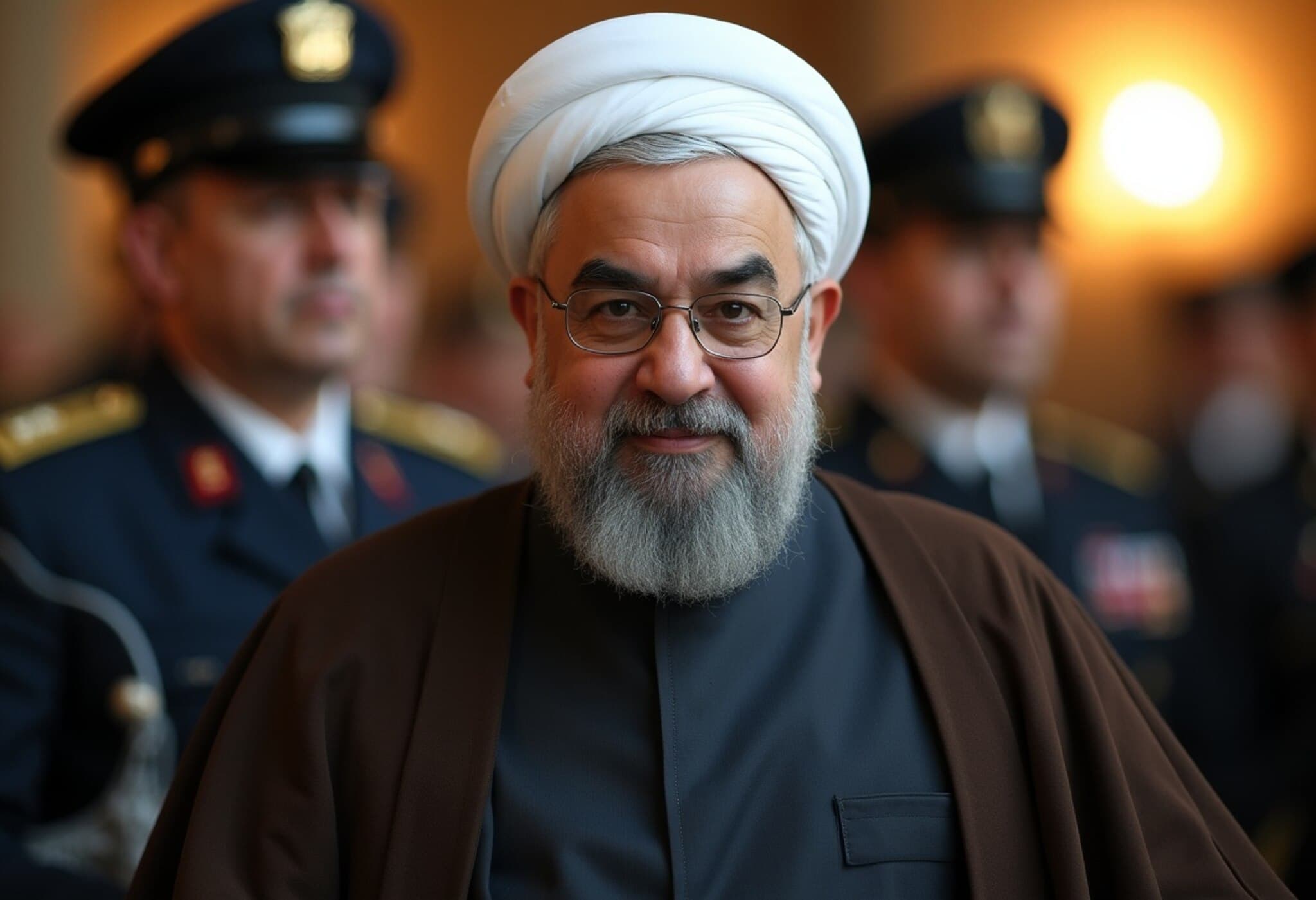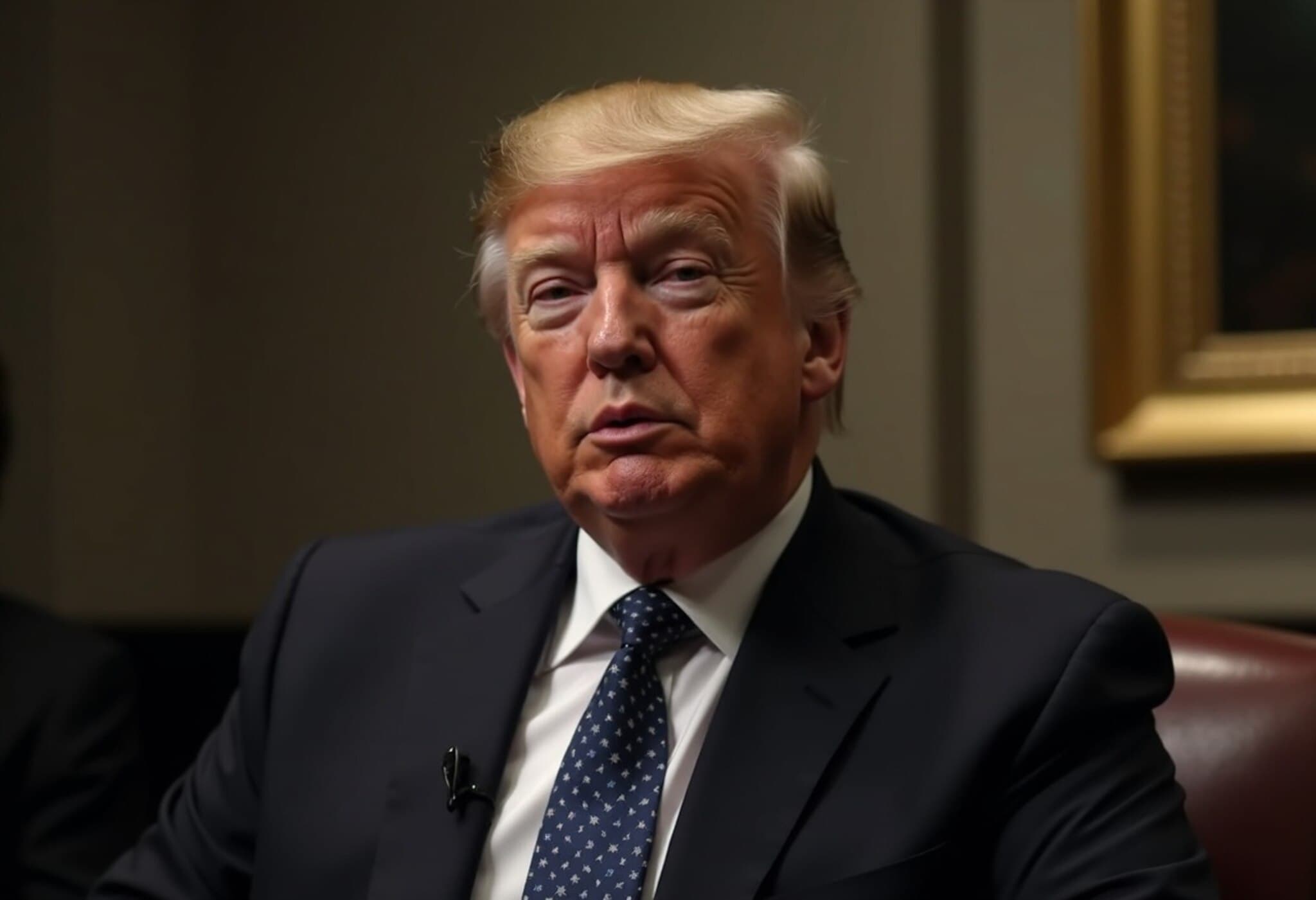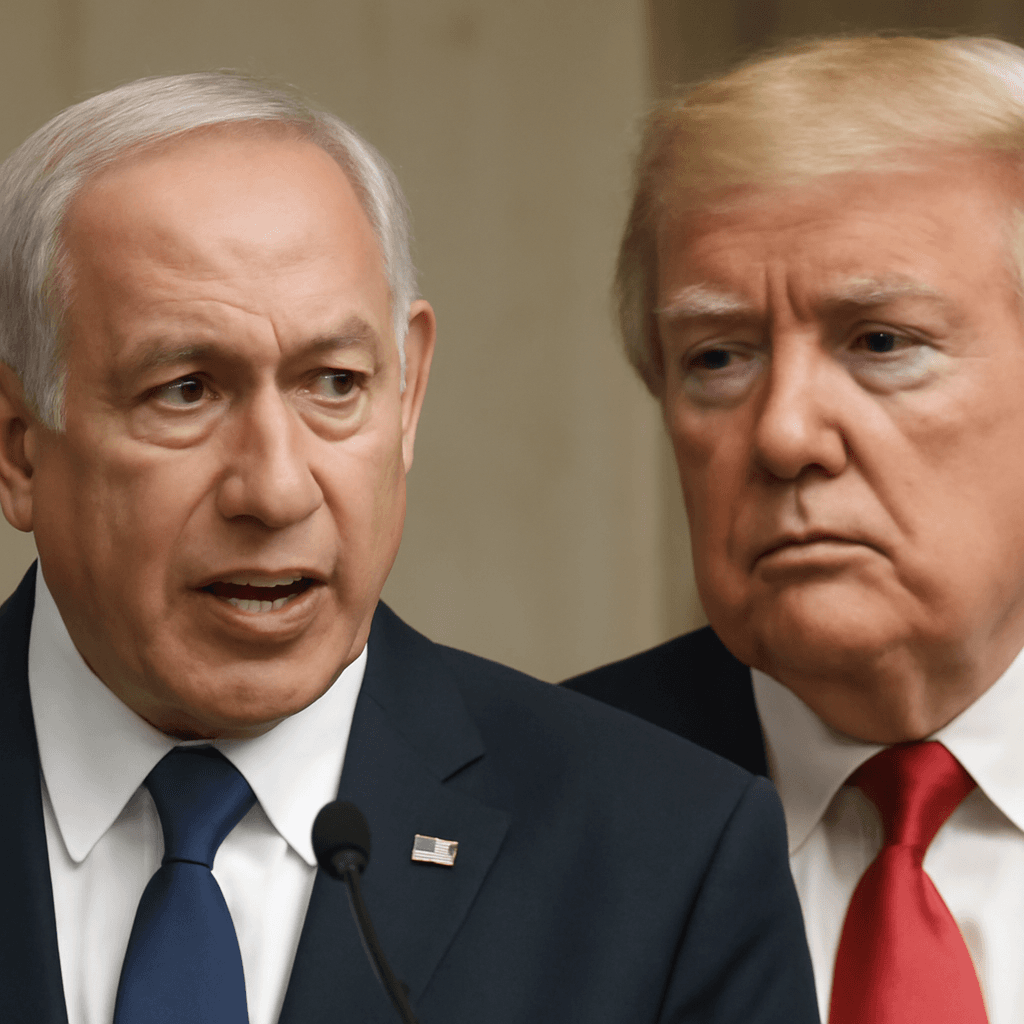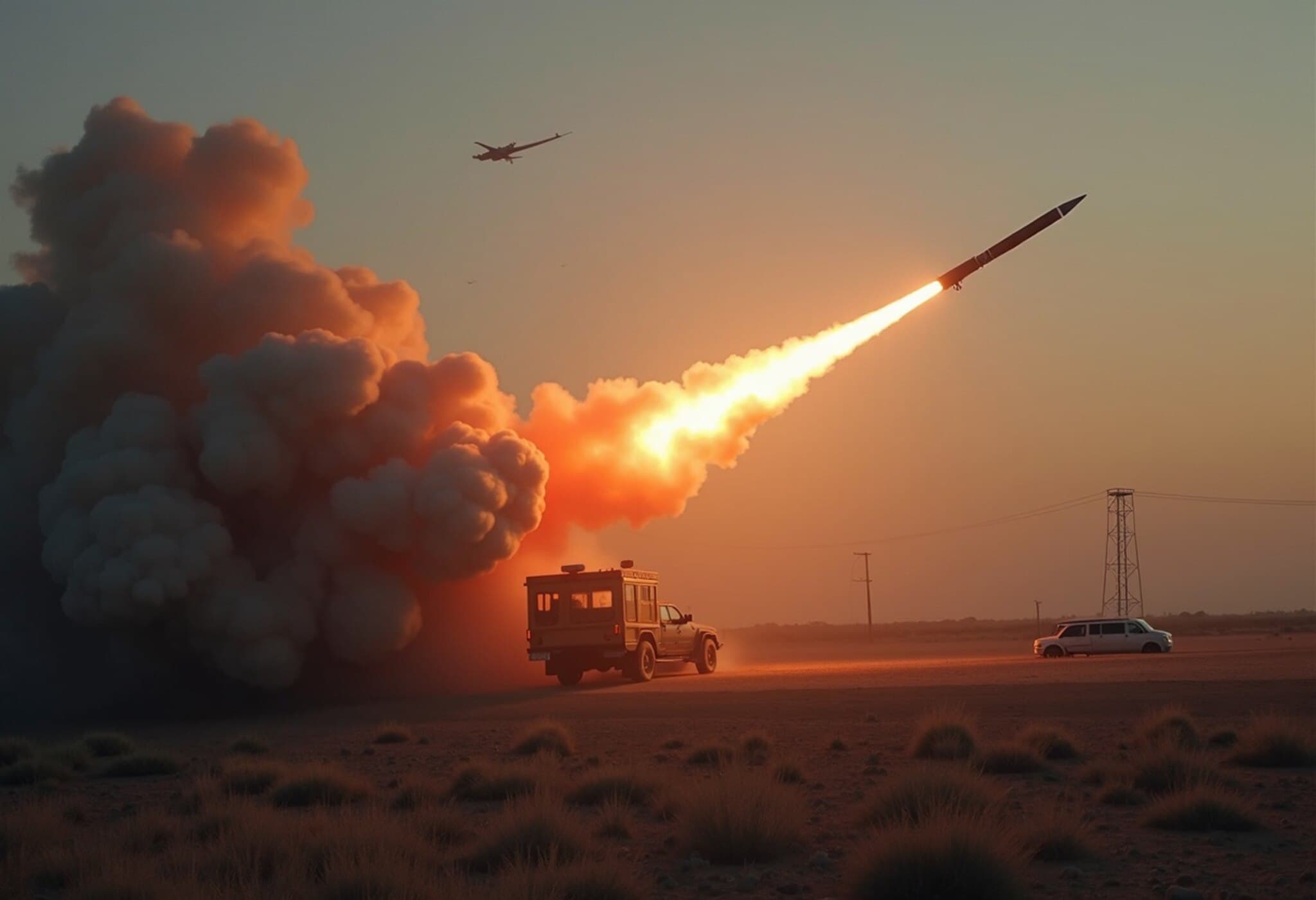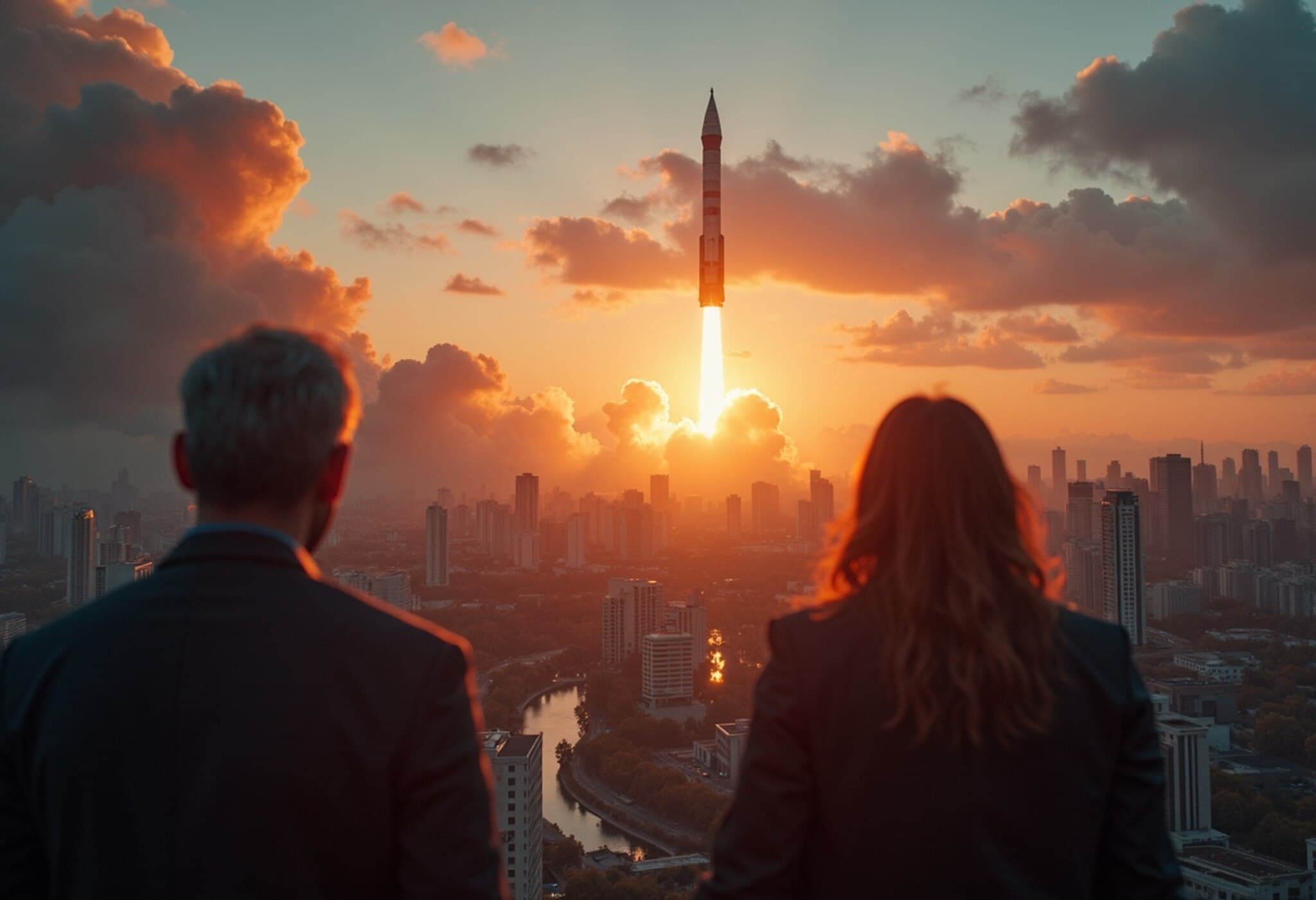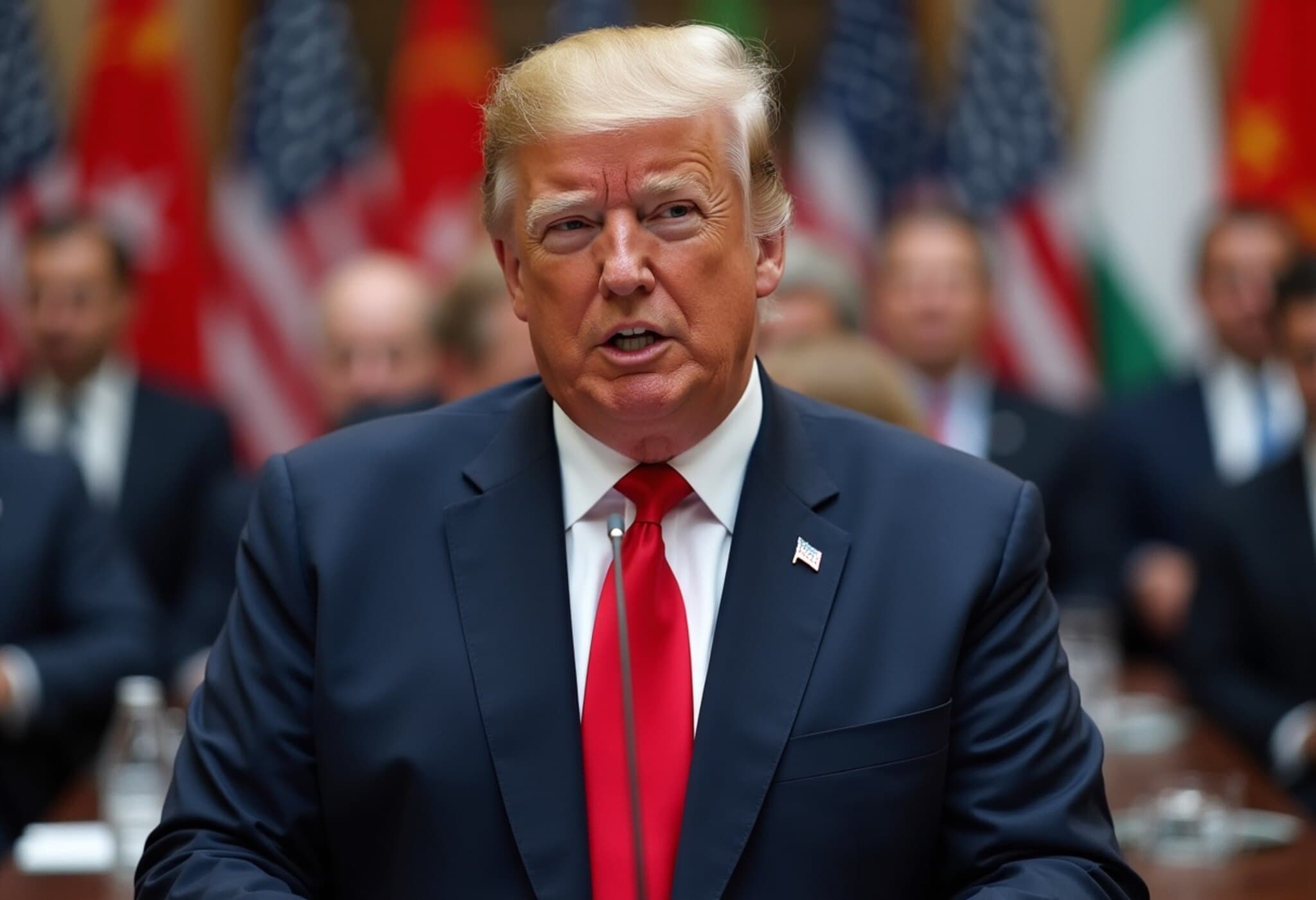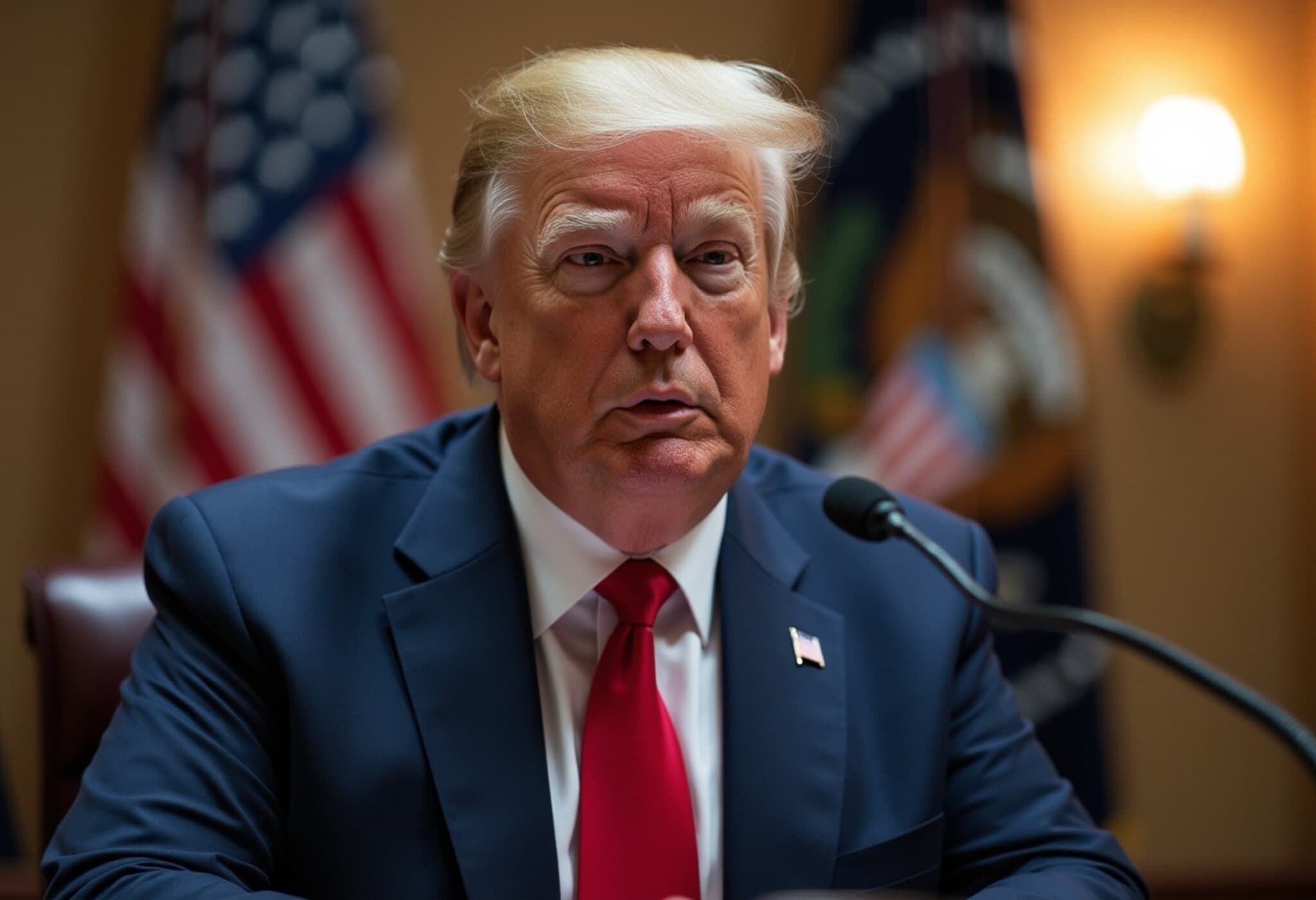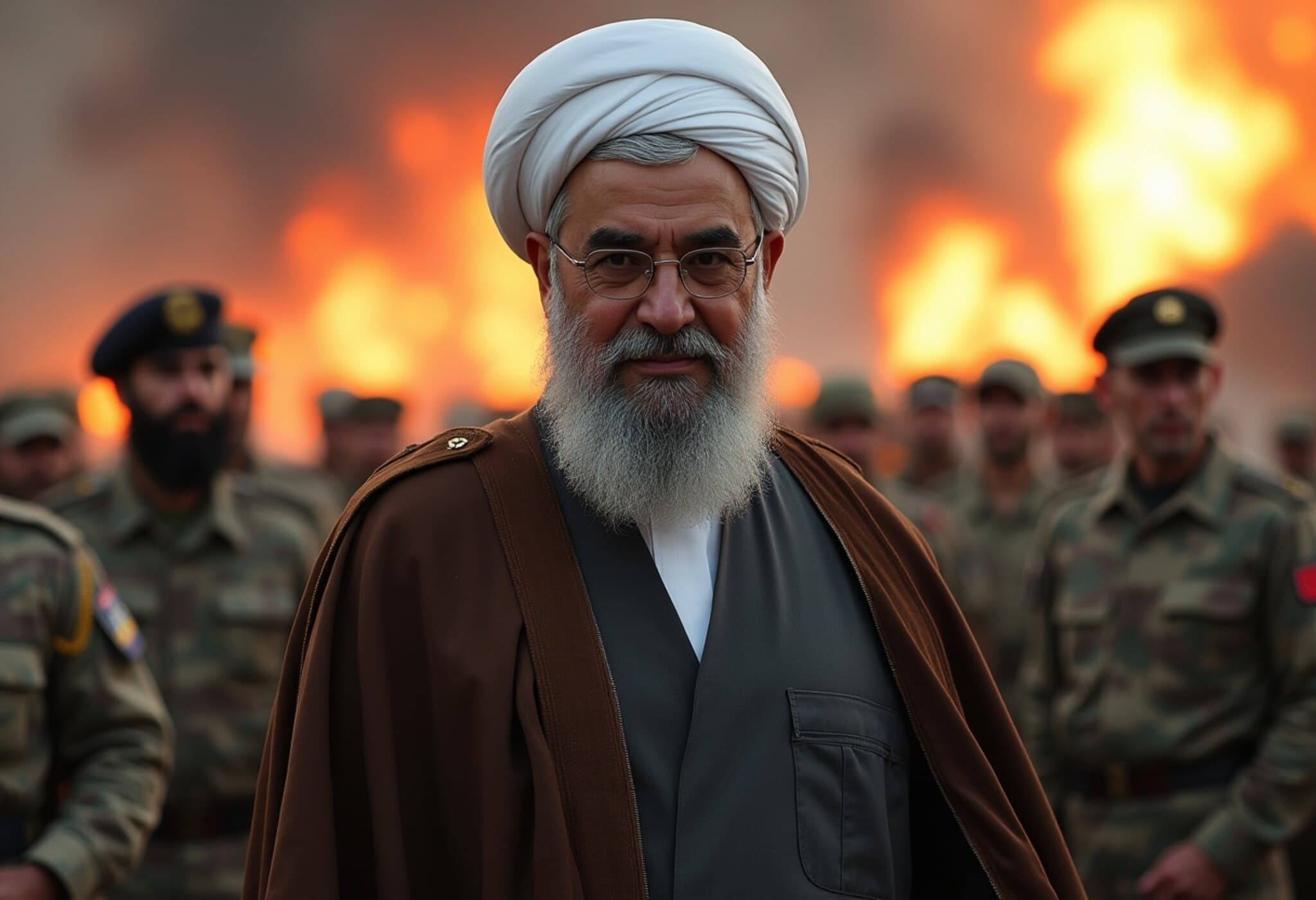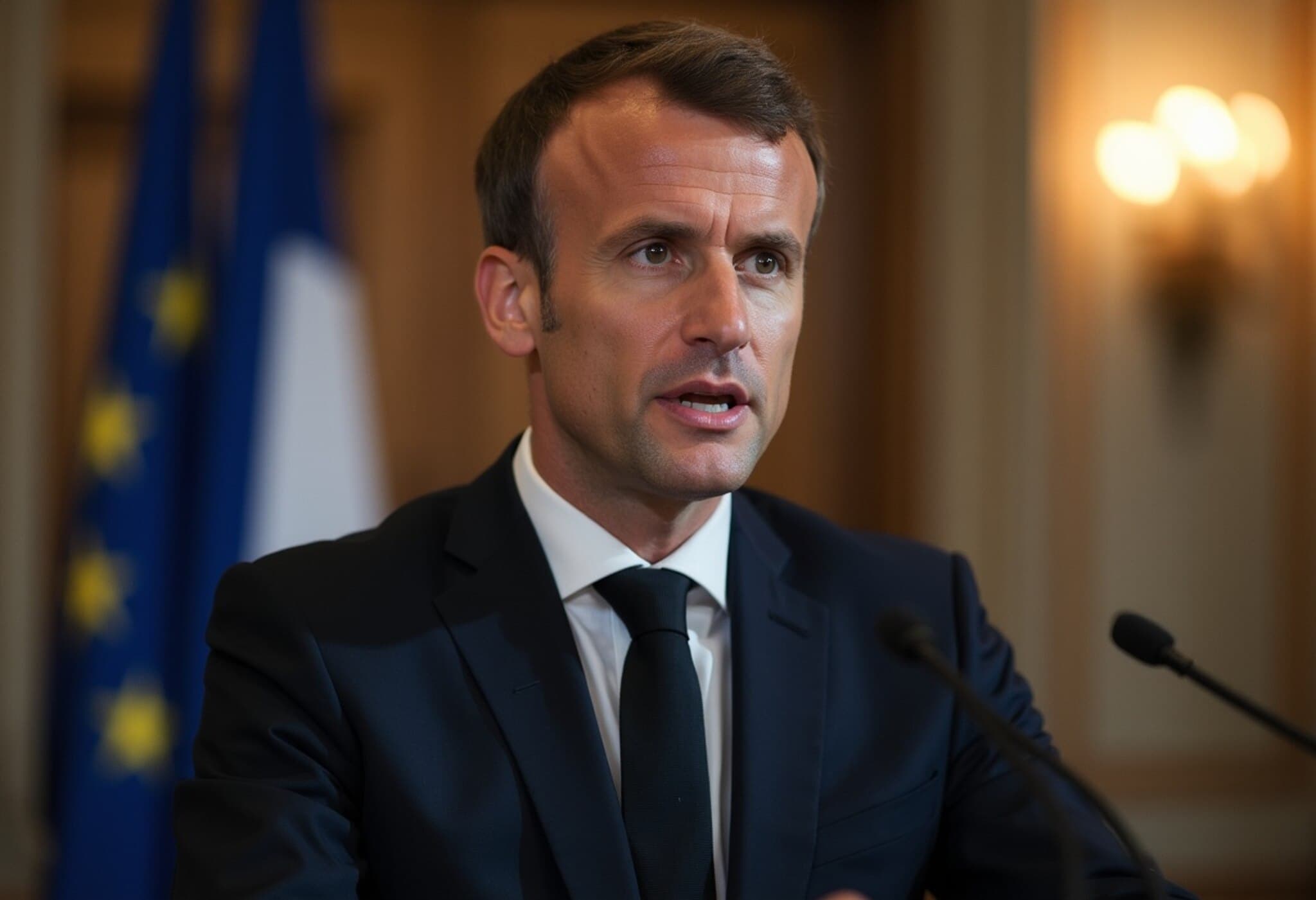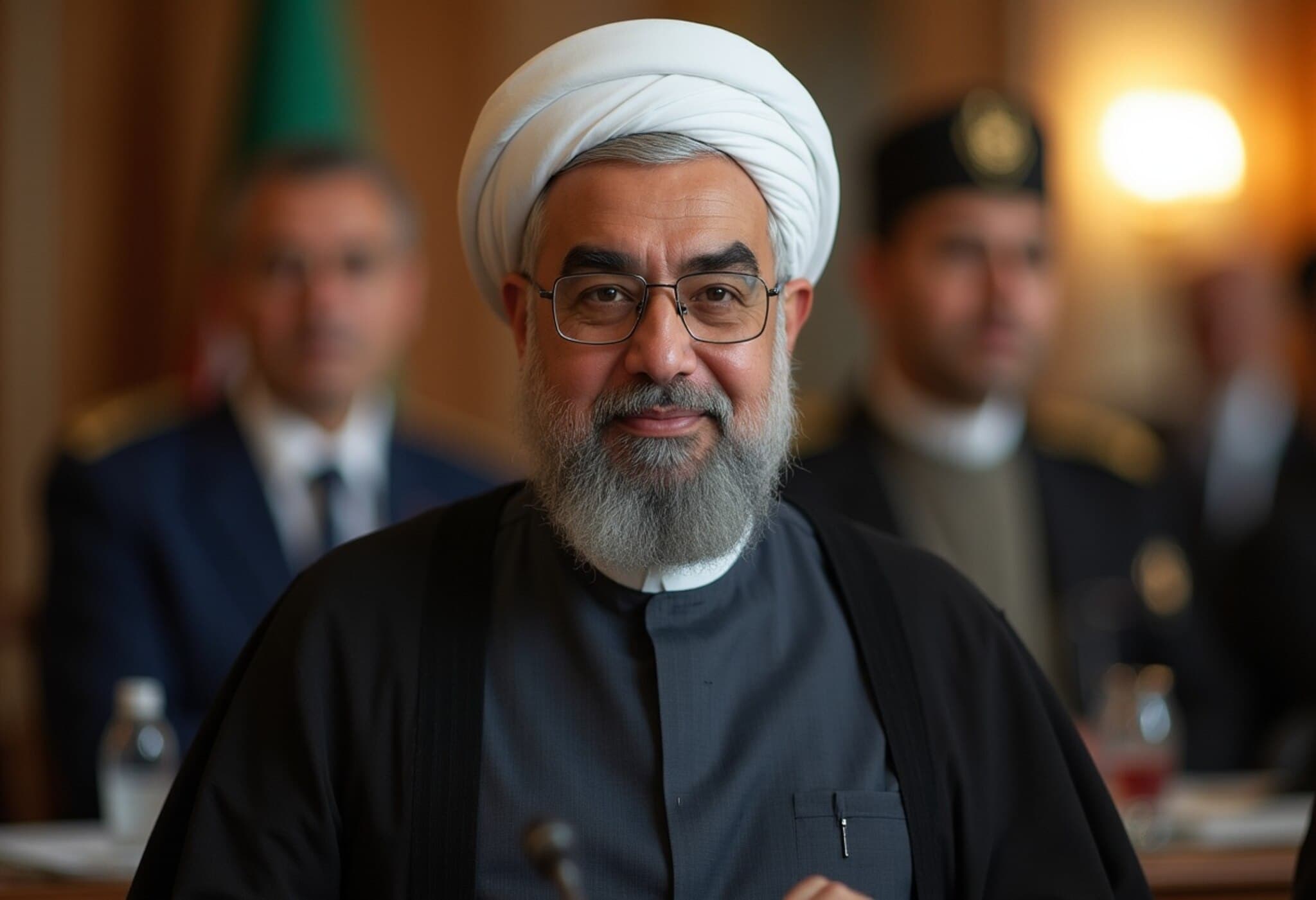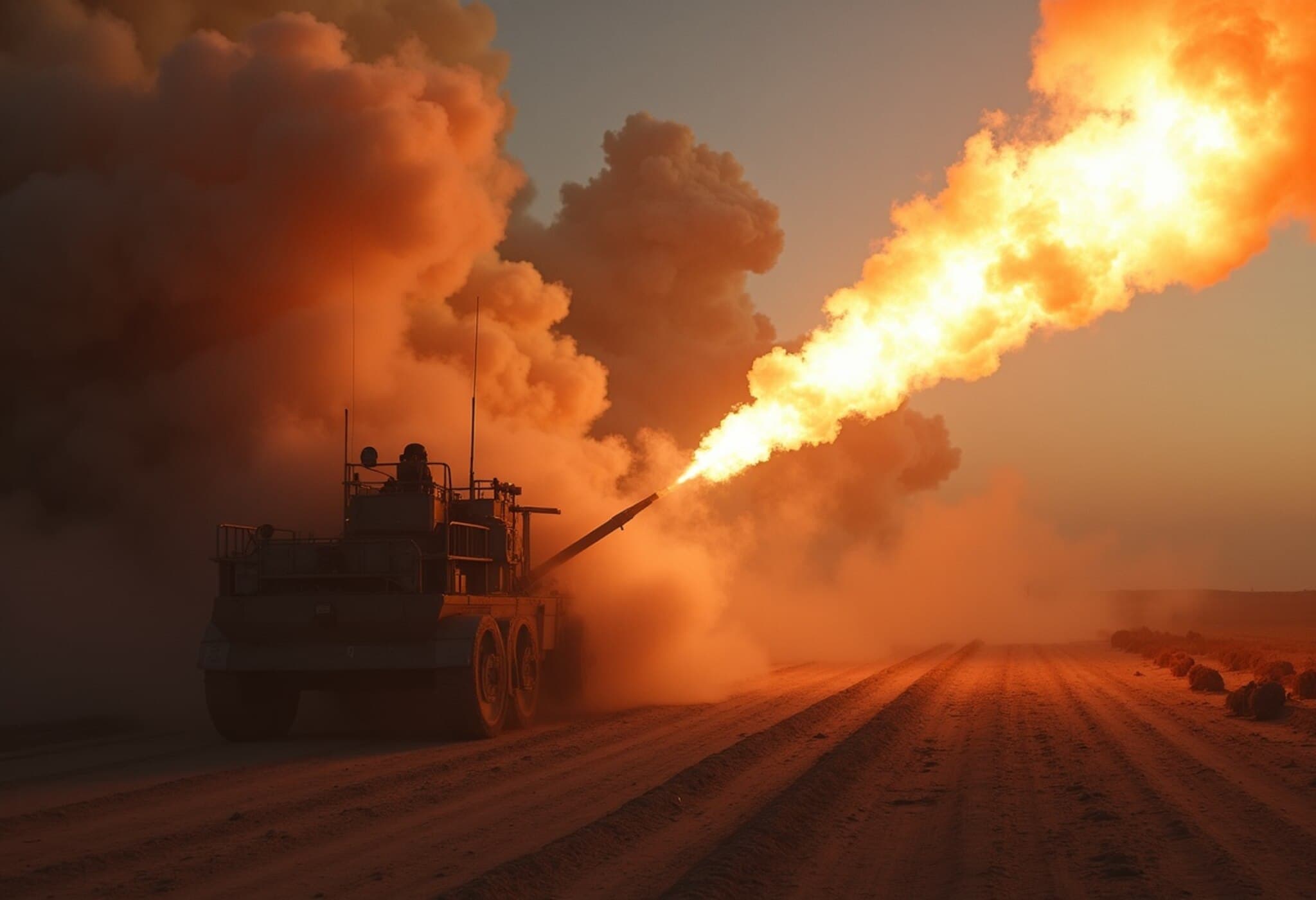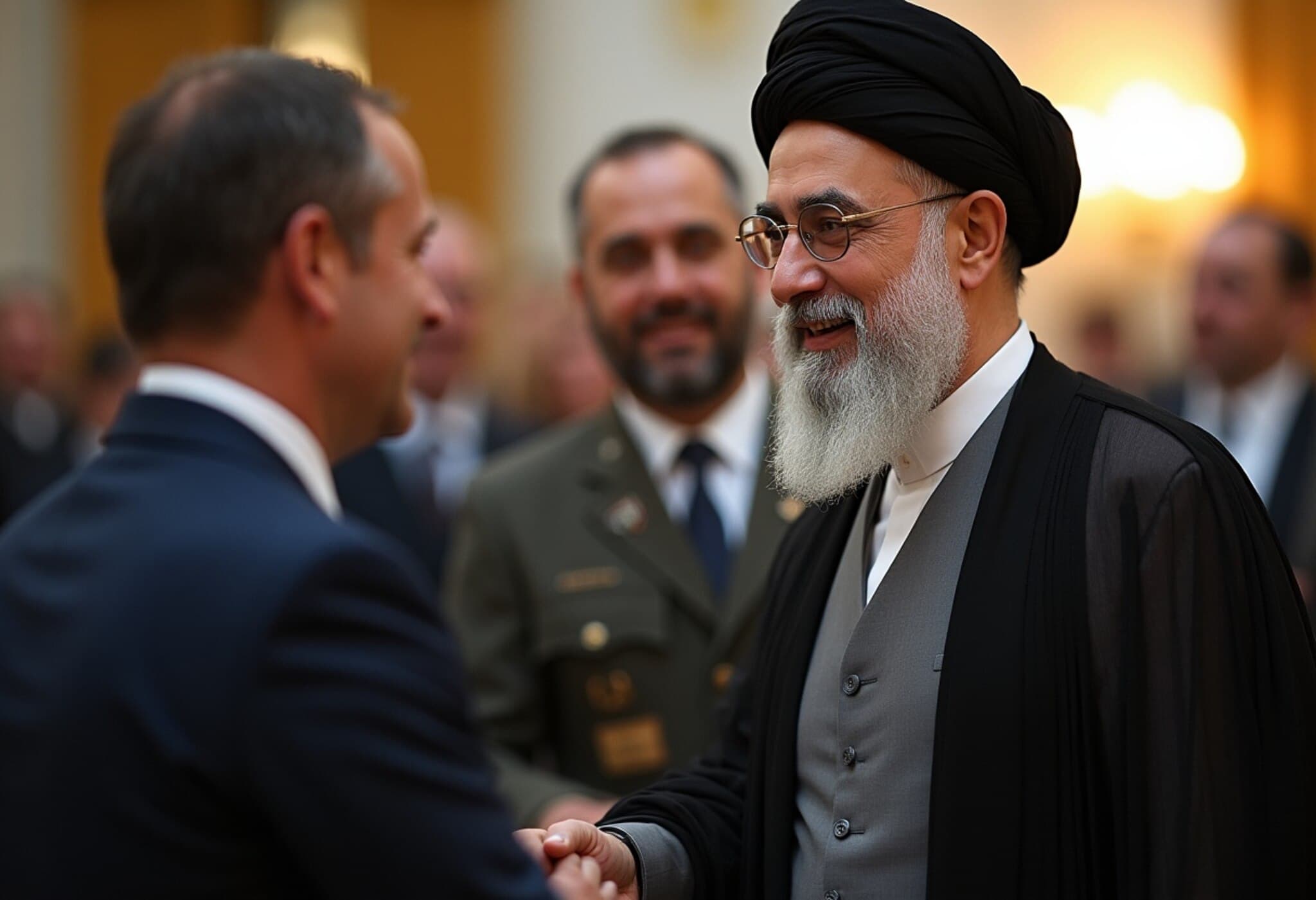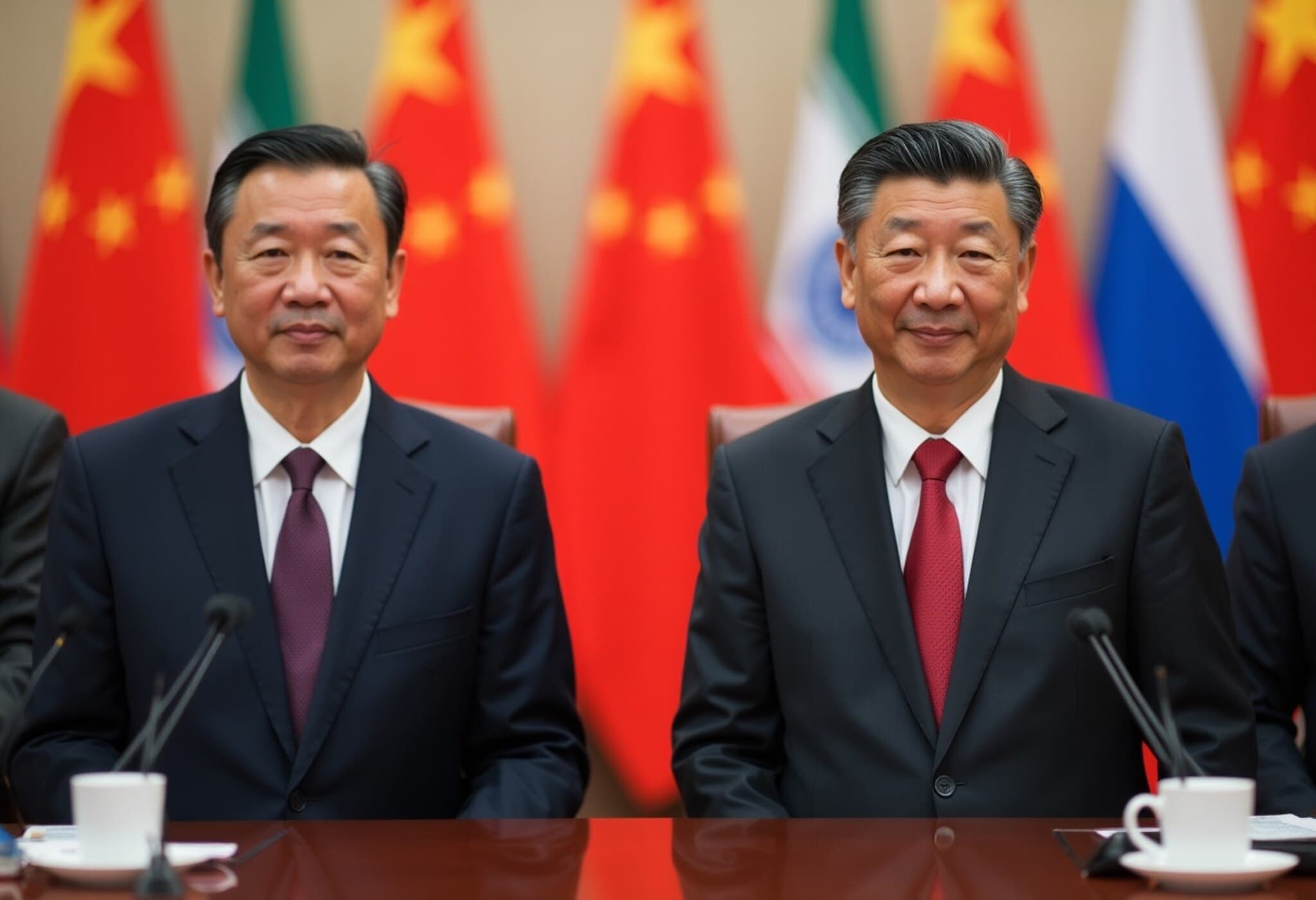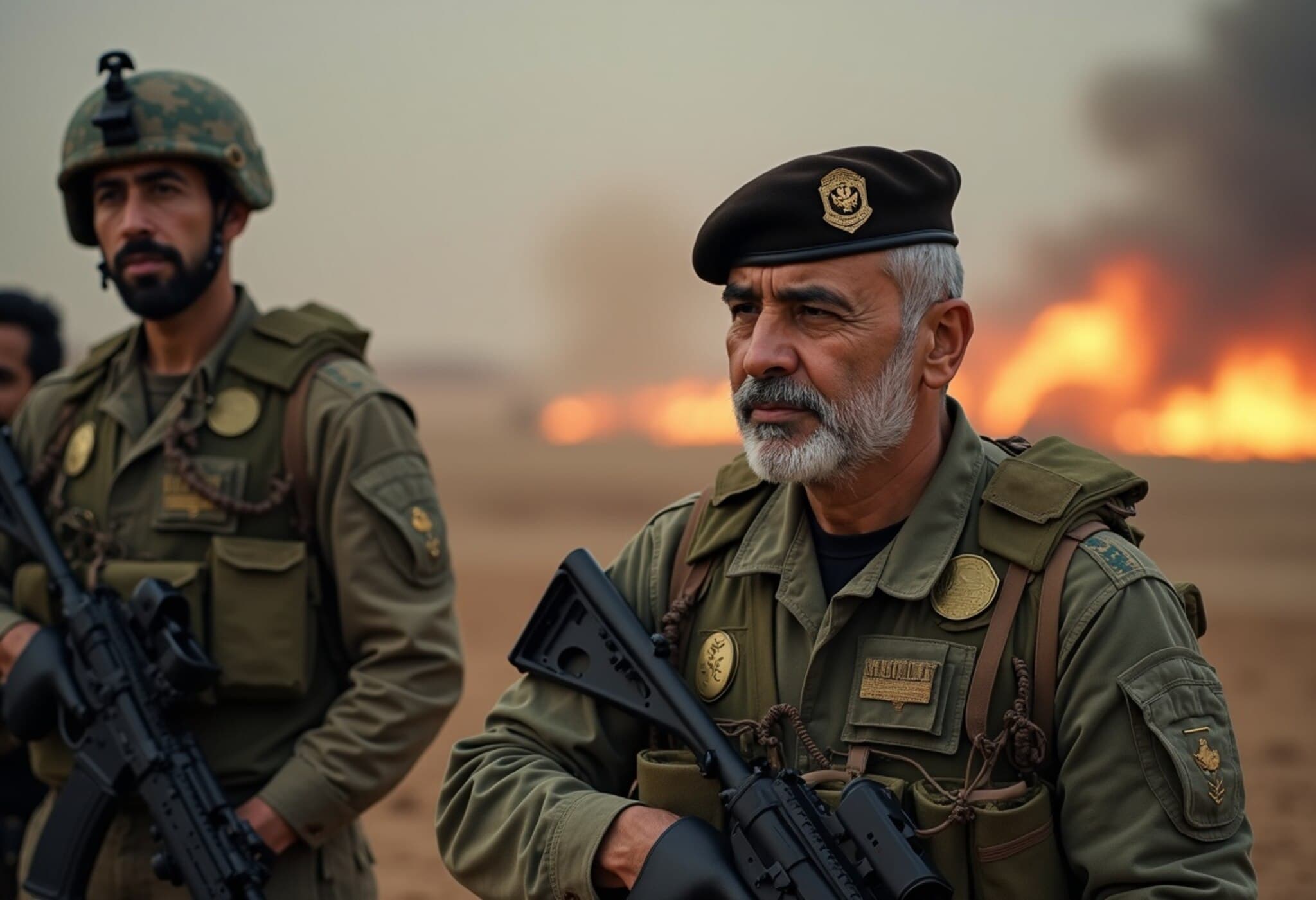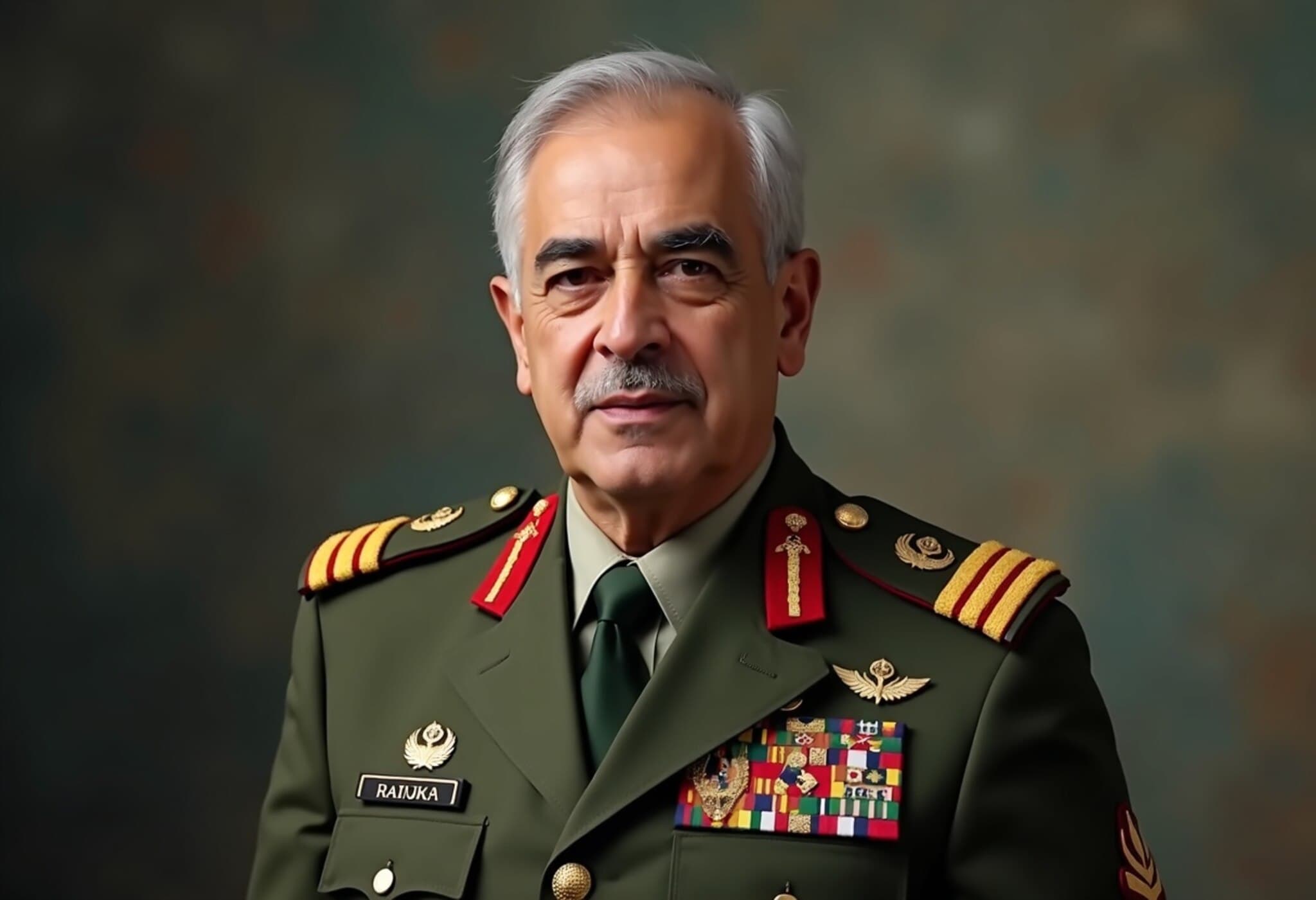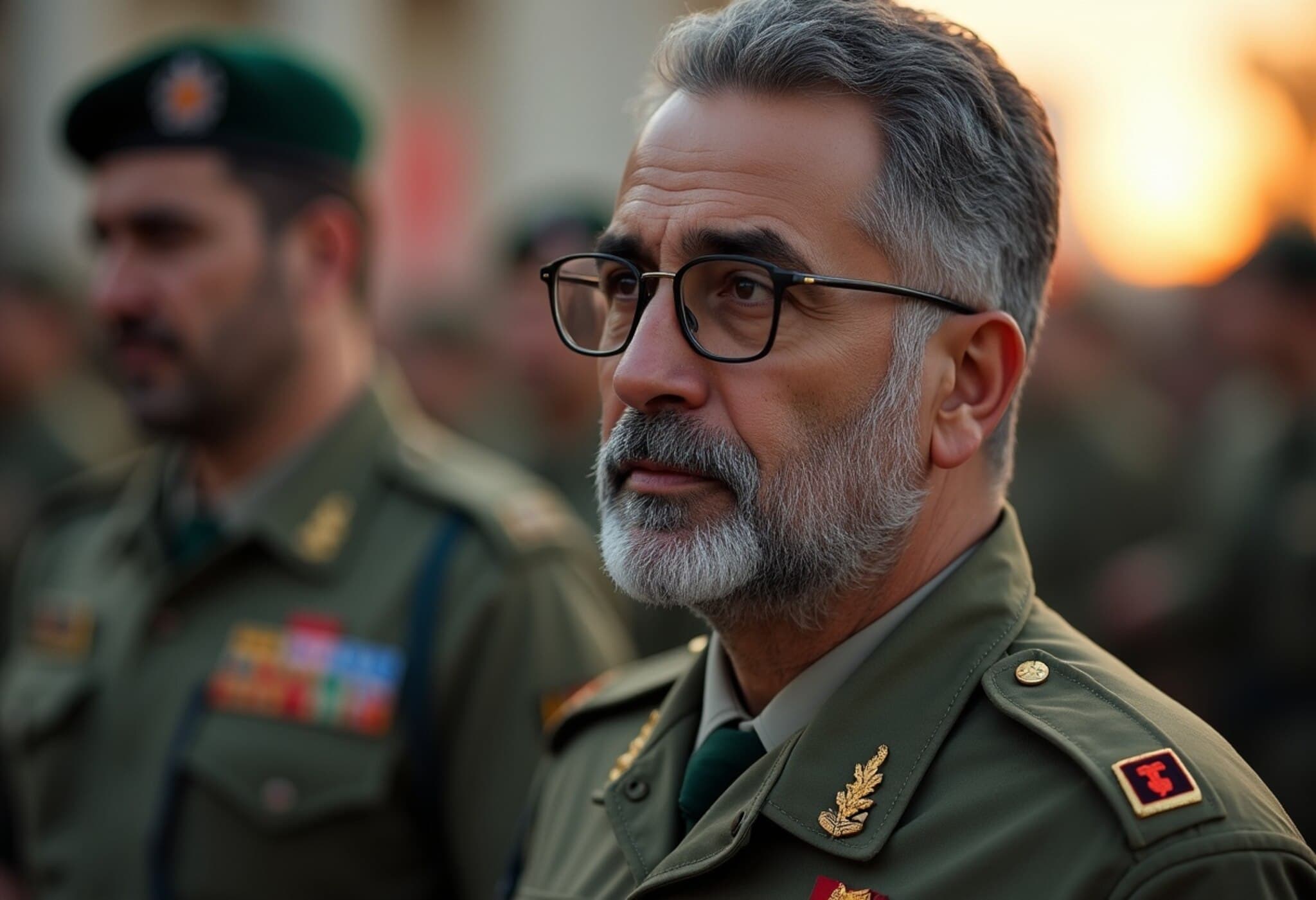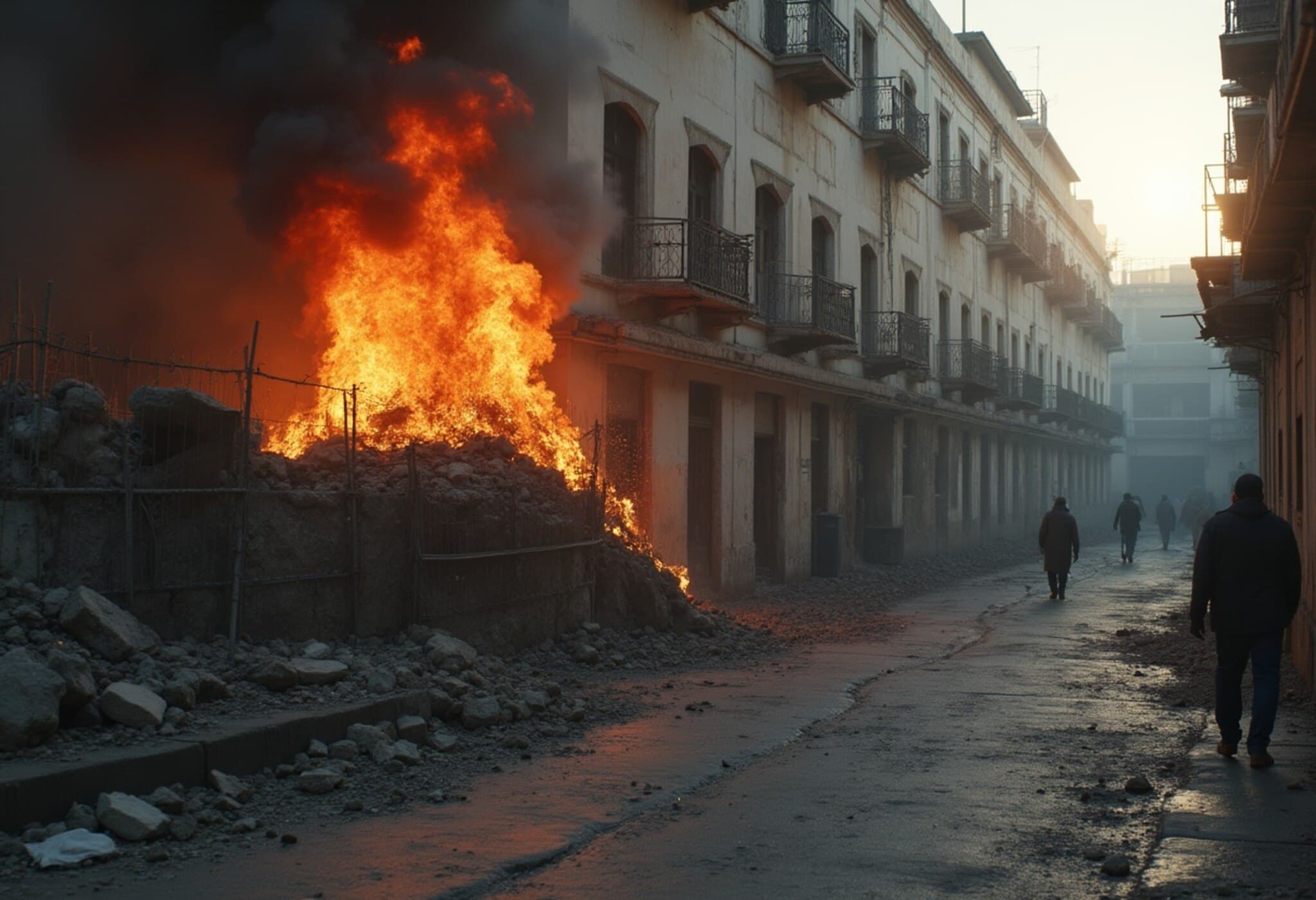Iran Seeks Greater Russian Backing After Intense US Military Actions
Following the largest US military action against Iran since the 1979 revolution, the nation's Supreme Leader has reached out to Russia for more decisive support. On Monday, Iran's Foreign Minister Abbas Araqchi traveled to Moscow bearing a letter from Ayatollah Ali Khamenei, seeking increased assistance from President Vladimir Putin amid escalating tensions in the Middle East.
Putin's Position on Recent Strikes
While Putin has publicly condemned recent Israeli airstrikes targeting Iranian interests, he has yet to officially respond to the US attacks on Iranian nuclear facilities. Last week, the Russian President called for calm and offered Moscow's services as a mediator to ease the nuclear dispute and maintain Iran's civilian nuclear program.
Sources close to the Iranian leadership conveyed a sense of disappointment with Russia's current level of support, urging Putin to take a more active role in defending Iran against pressure from both the United States and Israel. However, the exact nature of Tehran's expectations from Moscow remains unspecified.
Coordination Amid Rising Regional Tensions
Official statements from the Kremlin confirmed that President Putin would meet with Araqchi but kept discussions under wraps. The Russian state news agency quoted the Iranian Foreign Minister saying both countries are aligning their stances on the escalating Middle Eastern conflict.
Putin has persistently offered to mediate between Washington and Tehran, emphasizing the necessity of peaceful negotiations. He has reassured that Russia continues to back Iran's right to civil nuclear energy while seeking to prevent further military escalation.
Broader Geopolitical Implications
The US and Israeli governments have publicly contemplated extreme measures including regime change and even targeting Iran's Supreme Leader, heightening regional instability. Russia, wary of upheaval in the Middle East, views such outcomes as potentially catastrophic.
Amid ongoing conflict in Ukraine, Russia has been cautious in entering new confrontations. Despite being a key veto-holder at the United Nations Security Council and an original signatory of the nuclear deal abandoned by the US in 2018, Putin appears reluctant to escalate conflict with Washington over Iran for now.
Moreover, Russia has received guarantees from Israel to safeguard its nuclear experts working at Iran's Bushehr power plant from any military strikes, underscoring the complexity of alliances and rivalries in the region.
What Lies Ahead
As Iran pushes for stronger support from Moscow, the region faces mounting uncertainty. How Russia balances its interests amid US pressures and regional volatility will shape future diplomatic and security dynamics across the Middle East.
With tensions simmering and strategic calculations underway, the world watches closely to see how Iran, Russia, and the United States navigate this critical juncture.

